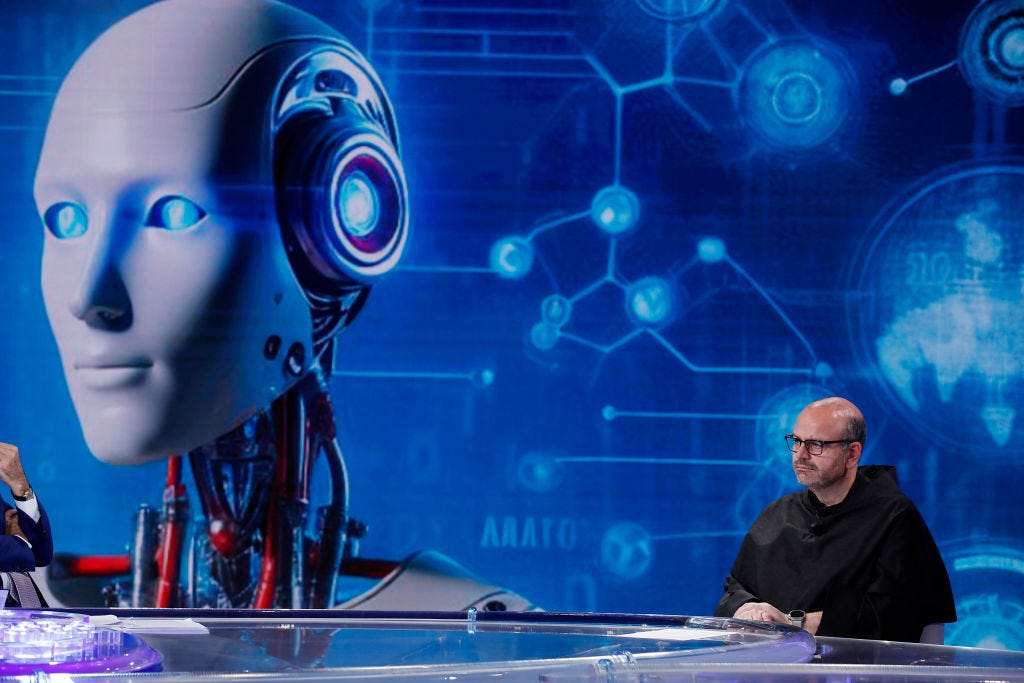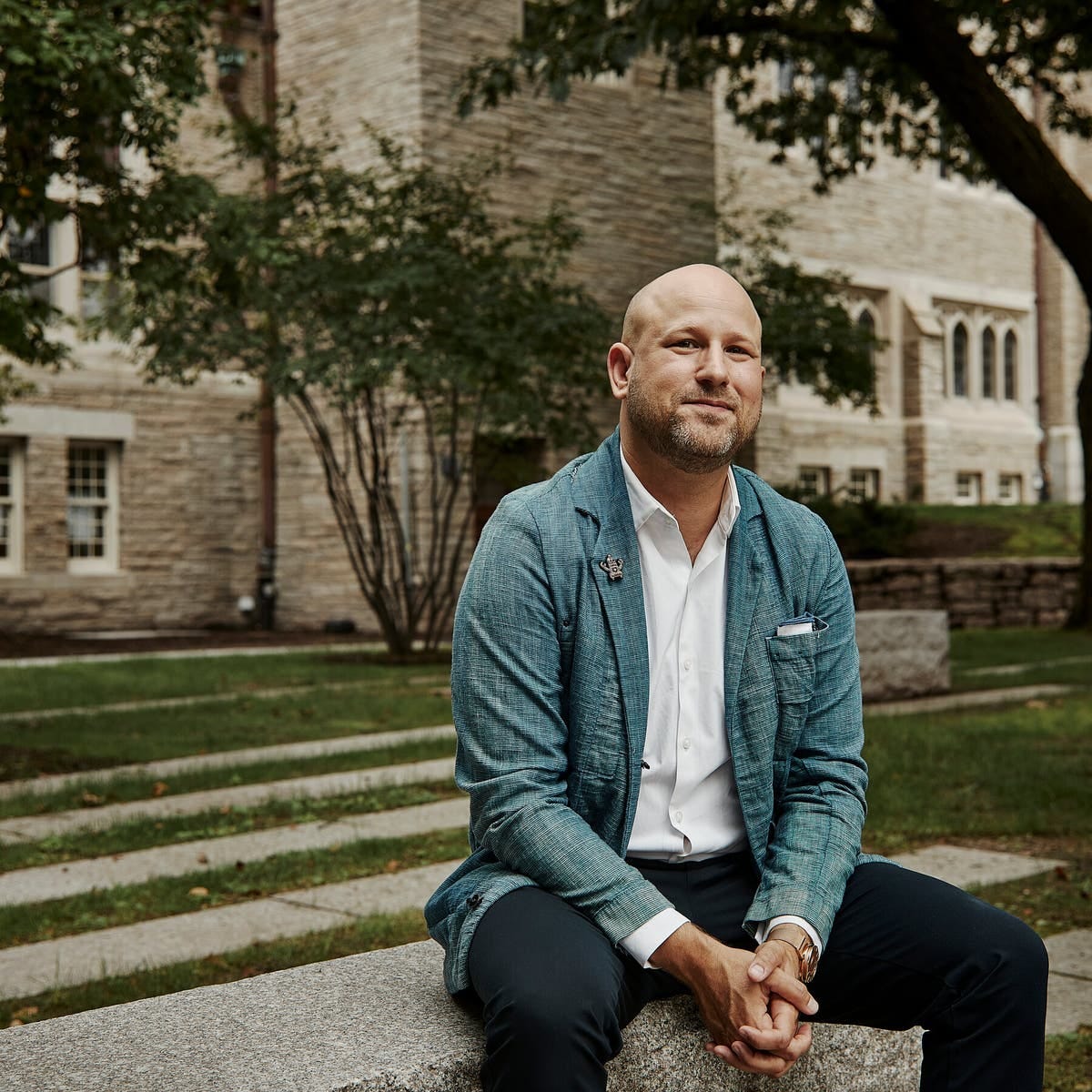Tech is a religion. It needs a reformation
Building a spiritually infused politics with humanist chaplain Greg M. Epstein
We’ve talked a lot about tech’s promises not living up to expectations, but recent revelations — of tech billionaire Elon Musk’s meddling in international conflicts, Amazon chief Jeff Bezos’ killing of The Washington Post’s Harris endorsement, and the continuing failure of large language models in real-world applications — should shake the faith of even the most dedicated worshippers of Silicon Valley’s 21st-century religion.
Greg M. Epstein, the humanist rabbi who serves as a chaplain at Harvard and the Massachusetts Institute of Technology, has long focused on the ethical questions surrounding technology and our dependence on it. And his new book, Tech Agnostic, explores how our devotion to tech became a religious faith, what the implications of that belief are for the way we live today, and what a reformation might look like — a questioning, agnostic movement that might turn the powerful tools of technology to the service of humanity rather than capital.
A request for those who haven’t yet joined us: The interviews and essays that we share here take research and editing and much more. We work hard, and we are eager to bring on more writers, more voices. But we need your help to keep this going. Join us today to support the kind of independent media you want to exist.
How does it help us to frame “tech” — and that's a thing distinct from “technology” as you put it in the book — as religion, and are there ways that analytic frame might hinder our understanding?
It helps us to understand how far removed from reality a lot of what we're told about tech. I want people to really look at what we're doing when we're interfacing with what this mythical Silicon Valley and its people are doing. When we're creating these fantasies of a kind of technological heaven, these terrifying scenarios of a technological hell, then we're literally in the business of creating tech gods.
So much of the language that is commonly used is obviously religious and looks back to the religiosity with which American capitalists have looked at the economy. Are we just looking at capitalism as the religion here? And tech as a cult within capitalism?
That's why I started the book with Constantine. Because yes, we're just looking at capitalism. I totally admit that. However, we are looking at a sect of capitalism that has swallowed capitalism whole and has digested it and pooped it out at this point. I mean, there is not any form of capitalism left on earth that is not completely in bed with and has by now copulated with and reproduced with what we call Silicon Valley or tech. I mean, it just doesn't exist separately anymore.
The story of Constantine is meant to highlight how Christianity was just a small thing. I went to Israel and Palestine. I lived there for over a year and a half, studying the late biblical and early Talmudic periods in which there were so many little cults popping up all over the place. There are these mini-Messiahs, Jesus-like figures all over the place that we learn about in the Dead Sea Scrolls.
Then under Constantine, Christianity takes off and becomes this world-dominant power. And that’s what I'm getting at. There’s religion, and then there's religion with a capital R.





